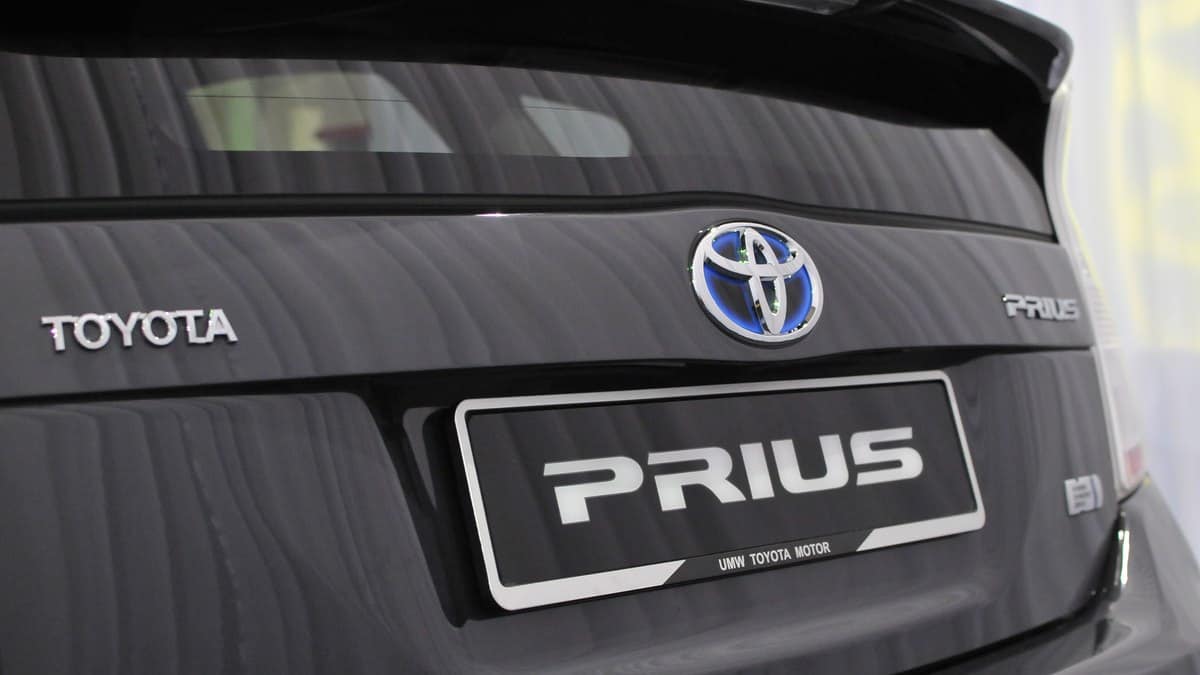Jack Hollis, Toyota’s executive VP for sales in North America claimed that US’ electric vehicle adoption target of 50% by 2030 will be difficult as there is not enough consumer demand for EVs currently, according to InsideEVs.
Toyota holds it ground regarding electric vehicle adoption with the belief that customers still have the right to choose on which car’s powertrain they prefer and that they hold the final decision on EV adoption.
Having said that, Toyota focused on promoting and developing hybrids over EVs.
In contrary, the US government has set a target of over 50% new electric car sales by 2030 which was announced by the Biden Administration in 2021.
In effect, many automakers started its electric vehicle transition to adhere to the national EV adoption target. However, Toyota does not share the same sentiments. The Japanese automaker and even its executives are very vocal when expressing that the market is not yet ready for EV adoption due to lack of charging stations and high starting prices.
According to a Forbes report cited by Teslarati, over 5% of new cars sold in the US in H1 2022 were electric vehicles, more than doubling the percentage from H1 2021. Nevertheless, Jack Hollis said:
“I don’t think the market is ready. I don’t think the infrastructure is ready. And even if you were ready to purchase one, and if you could afford it … they’re still too high.”
Hollis further explained that customers still prefer traditionally powered cars over EVs despite the company’s effort in selling hybrids for over 20 years already. Hollis continued via Teslarati:
“It took 25 years to get to less than 10% (market share) for hybrids — which is affordable, which is done with resources that are available.”
“The consumer isn’t demanding it at that level. The consumer is not screaming, ‘30% or 40% by tomorrow.’ And when you start pushing consumers into things they’re not ready for, some other consequence will occur.”
Currently, Tesla is the only EV-only automaker in the United States and the demand for its vehicles is constantly growing despite its high prices. In fact, it accounted for about 66% of all US BEV sales in the first half of 2022 and due to the pressing demand of EVs, consumers wait over a year to receive Tesla delivery.

